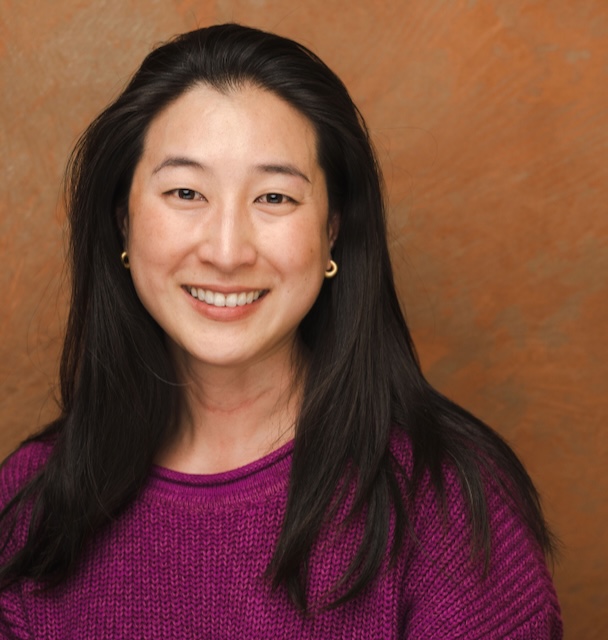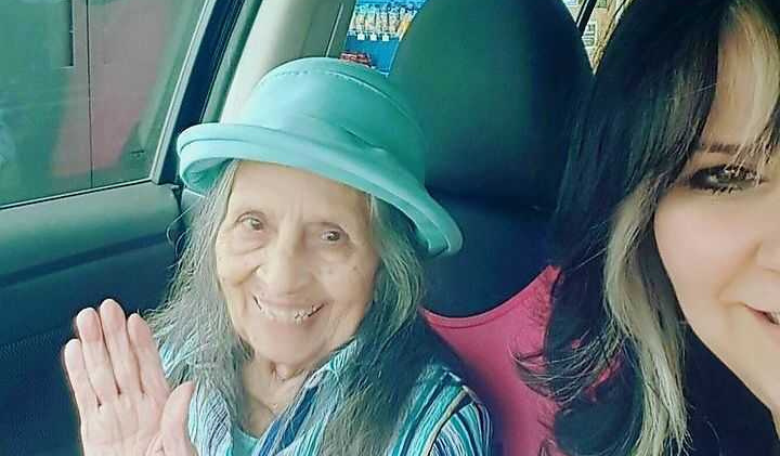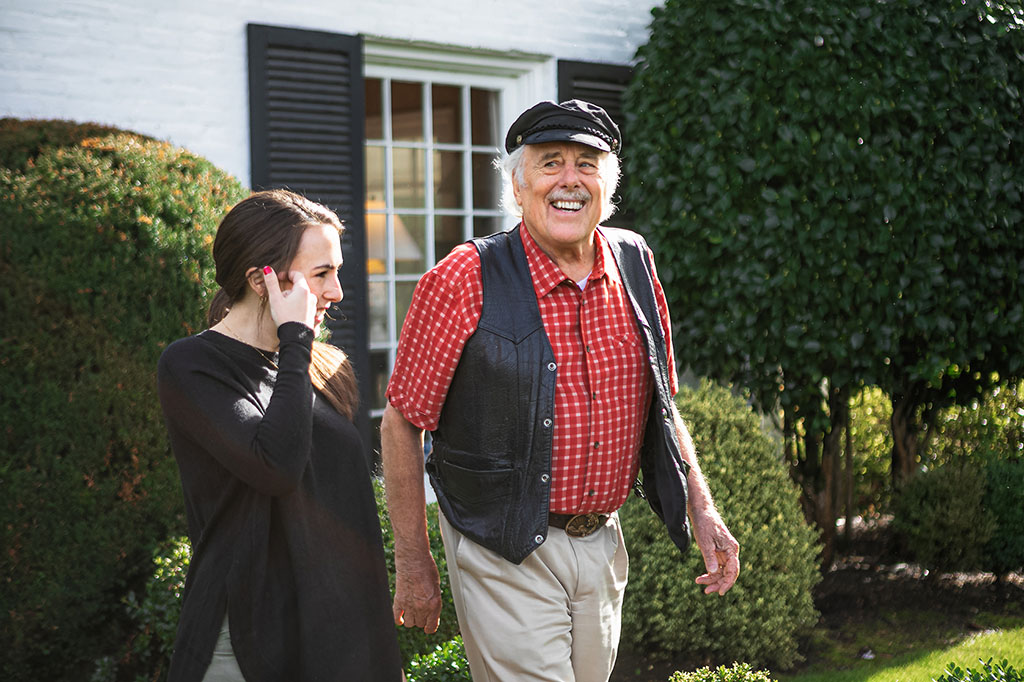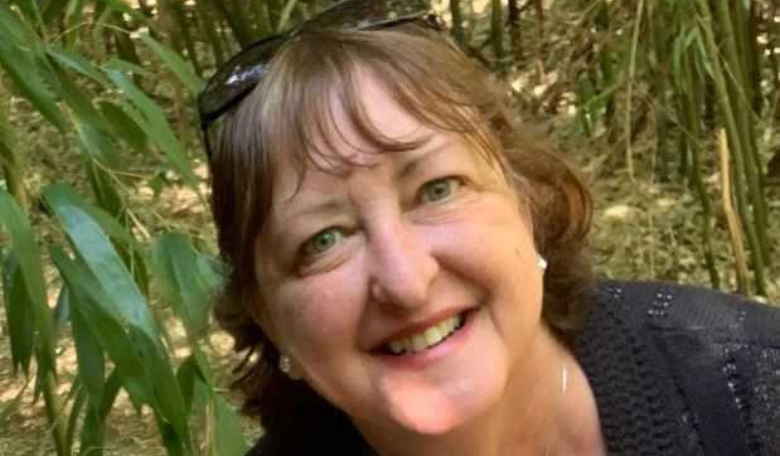
Ensuring a positive experience for our members and Papa Pals means everything to us. So even though over 99.9% of our visits go without a member-reported safety concern, we believe even one report is too many. This is why we created a Trust and Safety Advisory Board, composed of multi-disciplinary experts who help guide continual improvements for this work that is never done.
Michelle Feng, PhD, is one of these new board members. Her passion for older adults, caregiving, and mental health is contagious. Dr. Feng’s expertise lies at the intersection of mental health and aging, and we feel grateful to be able to call on her expertise as Papa aims to equip Papa Pals to provide the level of personalized care that drives health outcomes for older adults, many of whom are facing not just physical, but mental health challenges. We sat down recently with Dr. Feng to get to know her better, hear what drives her, and find out why she’s so excited to join and advise Papa.
Papa: Dr. Feng, we’re thrilled to have you on our Trust and Safety Advisory Board. To start, can you tell us about yourself, your work, and what brought you to the field of geropsychology?
Dr. Feng: I’m a licensed geropsychologist and I live at the intersection of mental health and aging. My past research, training, and clinical experience has all been focused on the mental health of individuals as we age—as well as the mental health of those who provide care as we age. I’m currently the Chief Clinical Officer at Executive Mental Health, where I provide strategic leadership and oversight of clinical operations for our team of mental health professionals treating residents in skilled nursing facilities.
My clinical interest in aging started while I was a doctoral student in the Clinical Science program at the University of Southern California. My advisor happened to be the Dean of USC’s School of Gerontology, and I ended up getting to work with some leading researchers and clinicians in the field. I feel really fortunate because not everyone gets that exposure to gerontology, yet it’s a hugely important field for research, policy, and health care. It’s not as well known and historically not as well funded, but I’m hopeful that’s changing as our population is growing older and everyone is realizing that care, including mental health care, for our aging population ultimately affects us all.
Papa: We know you’re passionate about supporting caregivers, as so many of us at Papa are. What personal caregiving experiences have you had, and how have they influenced your work?
Dr. Feng: As a college student, I took a semester off to recover from surgery. My grandmother had Alzheimer’s disease and was living with my parents at the time, so I went from being in class with my classmates to being at home most of the day with my grandmother. She spoke Chinese, which I’m not fluent in, but somehow we made it work.
I learned a lot from her. For example, I learned how relative the passing of time can be and how to stop and enjoy the small moments. As she ate her breakfast in the morning, she took her time and enjoyed the food she ate. We’d go on a walk around the neighborhood, and she’d literally stop to smell the roses and comment on the birds that were chirping. I wouldn’t have noticed these things otherwise, because my mind was always racing. I noticed the things that lit her up—playing music, being silly, laughing—and I found that joy was in the little moments.
I also saw the very real challenges of caregiving. My parents, uncles, and aunts—all immigrants—cared for her with very little outside support. I didn’t fully understand it at the time. Families just make it work. They figured out a routine for her and kept her safe and well-fed, but it takes a physical and emotional toll on the whole family—even long after the caregiving is done.
In graduate school, I began to see older adults as therapy clients, and I heard their caregiving struggles too—feelings of guilt, numbness, and exhaustion, but also meaning and joy. I noticed cultural differences and family dynamics, and I learned to create space for people to share the fullness of their experience and find meaning in this journey.

It’s not sustainable. There are no systems set up in our society to support families as we grow older. The burden has historically fallen on the backs of women—minority women in particular. It’s getting a lot more attention recently as we are living longer and age demographics are shifting, so things need to be done now.
Papa: You’ve been recognized as a Woman of Distinction in long-term care, where you’ve treated residents with chronic health conditions. Can you tell us about that experience and how it’s shaped your perspective on caring for, and addressing the mental health of, our older adult population?
Dr. Feng: When you go to the doctor, you’re usually there for a specific issue. But when you have chronic health conditions and more complex issues, that siloed system doesn’t work as well. Specialists are focused on their area of care, which makes sense in the system, but one of the strengths of our training as geropsychologists is to collaborate with different disciplines and see the whole person.
When I provided direct care in skilled nursing facilities, I would regularly collaborate with physical therapy (PT). Some of my patients had trouble engaging in PT, often because of depression and anxiety. I’d go to appointments with them and work with the physical therapist to help them with deep breathing and visualization exercises and remind them why they wanted to go home and how this would get them there.
I also saw patients who weren’t taking their medications and were labeled as “non-compliant.” There are so many reasons why someone might not take their meds. Maybe they don’t understand why they need to take them, or they don’t understand what they’re for, or they’re fearful of side effects. Instead of putting the onus on the person who isn’t feeling well, we need to improve the system and create more collaborative care. Understanding the whole person—and your role in the collaboration—makes the sum so much better than the parts.
Papa: Your approach to therapy is similar to Papa’s approach to social support: personalized help in the areas that are most important to each individual. What impact have you witnessed from this approach, and why do you think it’s the right path forward?
Dr. Feng: I think most people can agree that there’s no one-size-fits-all approach to health care. People have different goals and values. Understanding that as a healthcare provider helps us align the patient’s North Star with our own. Listening to the patient and their family is key— it helps us figure out which direction to go in first.
I once saw a skilled nursing resident who was referred because of depression and weight loss. This person was staying in bed and not eating much, so the treatment was an antidepressant and an appetite stimulant. I met with her and spent time listening to her situation bedside. As we were talking, she mentioned her dentures weren’t fitting right, so she didn’t wear them, which limited what she could eat. So we fixed that and she started eating more.

From there, I met with her, we built rapport and she mentioned how bored she was with the food. She felt she didn’t have any choice; they brought the food to her bedside and she ate it, or didn’t. But I knew this facility and I knew if you went to the dining room, you had a choice. So instead of pressuring her to go to the dining room for socialization, I told her she would be able to choose her own food if she went. For her, having choice in what she ate was the thing that got her out and into the dining room, where there were other residents. And yes, then she benefited from seeing people and her mood improved.
These interventions are ongoing because you get to know them and the person gets to know you. You’re working with the individual. You’re building trust, getting feedback, and adjusting as you go. It’s a process that takes time, but once you get the ball rolling, there’s a domino effect that occurs and that’s what personalized care can do.
Papa: Papa Pals often see this same domino effect when they do an initial visit to help with something like a household task or transportation, which often lead to meeting underlying emotional needs. Where do you see opportunities to improve support of older adults with mental health issues, both at Papa and at large?
Dr. Feng: I think the challenge—and the big opportunity—in supporting older adults is how to coordinate whole person care, which includes mental health in a way that is personalized but also streamlined. And we need to do this in a way that is effective, accessible, and easy to navigate. We need better coordination of care between the current medical system structure and mental health treatments. It can’t continue to work where people have no other option but to find and coordinate their own mental health support outside of the system. Ideally it’s more integrated, which can reduce stigma and reduce friction. Specialists are realizing that an already stressful diagnosis can be made so much worse by putting the onus on the individual and the family to have to navigate it all.
There are really smart, dedicated people in this industry trying to make things right—as well as advancements in digital technology—but we can’t work in a silo here. We have to find ways to keep humanity and cultural competencies front and center. And we have to remember, the people closest to the issues are also closest to the solutions, so we need to make sure solutions are created in collaboration with those that are meant to benefit.
I’ve been following Papa’s journey for quite some time—not just from a professional interest, but a personal interest as well. The one-on-one support in a person’s home environment is so powerful—and can help someone live as full of a life as they want and can. There are so many ways to connect with members, bridge that communication divide, and keep everyone safe. Papa Pals are equipped to meet needs that aren’t often met, but that hugely impact people’s health and quality of life. Focusing on mental health improves health outcomes, health quality, and has the potential for cost savings within health care.
Papa: Thank you so much, Dr. Feng. It’s so important to us that our Trust and Safety Advisory Board be filled with experts who represent our members’ well-being. You do this so well, and your expertise is invaluable. Being able to call on you whenever needed is such a privilege and will have far-reaching effects on our members, Papa Pals, and communities around the country.
Dr. Feng is a licensed geropsychologist and healthcare executive who has been in the aging and mental health space for over 15 years. She presently serves as the Chief Clinical Officer at Executive Mental Health, where she provides strategic leadership and oversight of clinical operations for the company’s team of psychologists, neuropsychologists, psychiatrists, and psychiatric nurse practitioners. Dr. Feng also provides clinical supervision as a Clinical Associate Professor at UCLA, is a subject matter expert for Calm Health, and serves on the Trust and Safety Advisory Board at Papa. As a dedicated clinical leader in mental health and aging, Dr. Feng was named "Woman to Watch" by the Los Angeles Business Journal and was honored in Aging Media’s Future Leaders Class of 2023 for her work as a dynamic leader pushing to define the future of aging and behavioral health.


